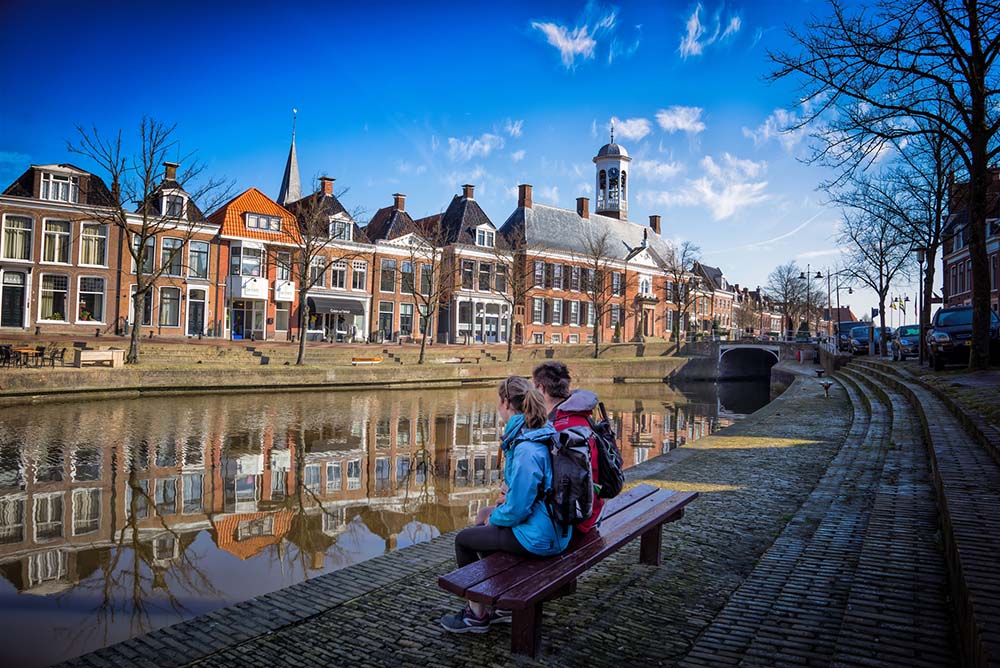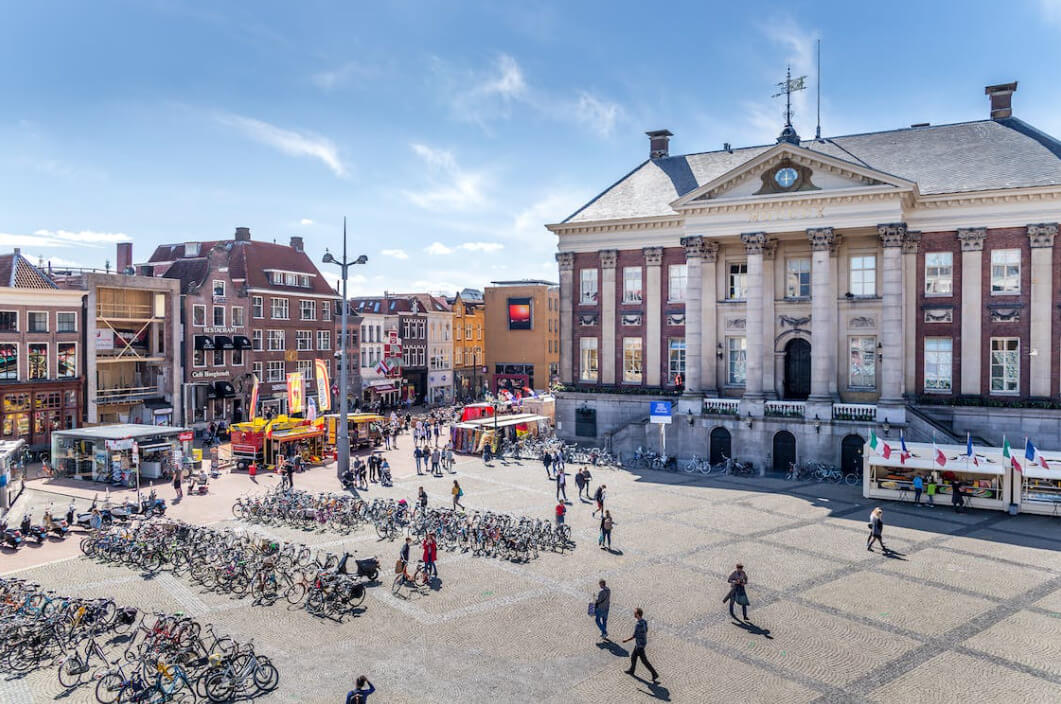EngD Sustainable Process Design: Henkel – Mastication Process Optimization

The University of Groningen is committed to strengthening the Northern Netherlands by addressing modern challenges such as energy transition and sustainability. The Faculty of Science and Engineering (FSE) contributes to this mission by training skilled professionals through our new EngD programme in Sustainable Process Design. This 2-year post-master design programme, closely collaborating with local companies, focuses on the direct needs of the industry.
The Engineering and Technology Institute Groningen (ENTEG-part of the FSE) of the University of Groningen is offering a fully funded 2-year position to master graduates leading to the award of an EngD (Engineering Doctorate) degree. The EngD programme includes specialized EngD and professionalization courses at the University of Groningen and a design project which will be performed at Henkel and the University of Groningen. The position offered is in the context of the project Henkel-Mastication Process Optimization. The appointment is for two years starting in January 2026.
Henkel is a German multinational chemical and consumer goods company headquartered in Düsseldorf, Germany. The Dutch division - Henkel Adhesive Technologies is the world's leading manufacturer of adhesives, sealants and functional coatings for industrial customers as well as consumers and craftsmen and operates from Scheemda, The Netherlands. Henkel tries to enable sustainability through material science and scientific know-how in adhesives, sealants and coatings. Based on their in-depth understanding of their customers' and consumers', they focus strongly on impactful solutions in the areas of Climate, Circularity and Safety.
The EngD project will focus on optimization of the mastication process through comprehensive analysis and optimization, with a particular emphasis on slow-speed, high-shear mechanisms. The primary goal is to enhance process efficiency, reduce operational cycle times, and guide future design improvements in mastication equipment.
This work will directly contribute to technological advancements in the mastication process.
The primary objectives include, but are not limited to:
1. Detailed characterization of mastication process
2. Cycle time reduction
3. Design parameter optimization
The project will be executed at the University of Groningen (Zernike campus) and at the company Henkel located in Scheemda.
Organization
The University of Groningen (UG) is a research university with a global outlook, but deeply rooted in Groningen, City of Talent. Quality has been a top priority for over four hundred years, and with success: the university is currently in the top 100 of several influential ranking lists.
The Faculty of Science and Engineering (FSE) offers education and research in a wide range of science disciplines, from traditional disciplines such as physics and biology to interdisciplinary disciplines such as artificial intelligence, industrial engineering and management. The FSE is one of the largest faculties of the UG, home to 14 BSc programmes and 27 MSc programmes. Within the FSE, the Graduate School of Science and Engineering (GSSE) is responsible for hosting the faculty’s 1200 or more PhD candidates and the new EngD trainees, the majority of whom are from abroad.






